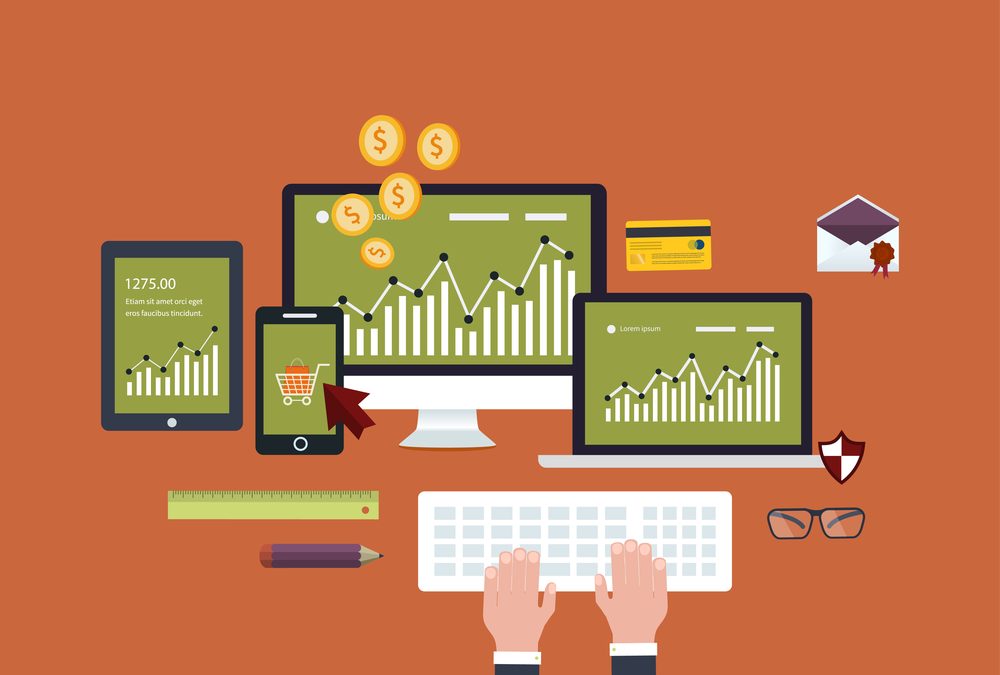For years, people have been taking advantage of social media sites and other online platforms that don’t charge you to open an account. But those free services come at a significant, somewhat hidden cost: Companies can share your data without giving you any real compensation. But what if you could control the data that you share– and get paid for it? Two start-ups are currently working on an app for that. While it sounds enticing, the possibility of sharing your data under any circumstances runs counter to what we consider to be privacy in the first place: keeping your information completely confidential.
How the App Will Work
When this system rolls out, consumers will be able to use an app to connect all their online accounts– everything from social media to credit cards. All the information will be aggregated into one encrypted location, but still allow the account-holding consumer to dictate what is shared.
The app will link members with organizations, researchers, and companies that are interested in their data. Many researchers, for instance, are likely to use this platform to conduct surveys and may want to target particular groups, such as female athletes. Because they can direct their requests to specific populations, the information they collect will be especially valuable, which can lead to higher compensation. A separate company will pay consumers for the data that they release. In order to turn a profit, that company will take some of the money paid by data-seeking organizations, but a considerable share will go to consumers.
Developers of the app claim that they won’t be able to see or retain the data; they’re primarily a go-between to connect consumers with companies and non-profits seeking information. The app itself will retrieve as little data from devices as possible, and those who agree to share it will remain anonymous.
Data-Sharing and Demographics
Some people– industry leaders and everyday consumers alike– speculate that companies that seek to collect and analyze our data while providing compensation will primarily target CEOs and other prominent figures. In other words, the affluent will be able to readily build even more wealth. For the rest of us, our information may not be so highly sought-after.
Others, however, disagree, pointing out that various entities, such as charities and government agencies, are becoming more interested in learning about disadvantaged communities and how to lift them out of poverty. These organizations will find data on low-income families highly valuable, giving people on the lower rungs of the economic ladder an opportunity to earn much-needed income.
The promise of getting paid, though, can ultimately lead lower-income individuals and families to surrender more of their privacy then they might otherwise. Although they have control over how they share data (at least in theory), they may be compelled to make more of their information visible in order to make ends meet. For wealthy individuals, the payment they receive for their data would be a source of disposable income, which might lead them to share considerably less information than the average low-income consumer. True privacy, then, may become a privilege reserved only for the elite.
Can We Really Trust Privacy Guarantees?
Another concern surrounding this issue is data integrity. While companies may promise to keep your data anonymous, this isn’t necessarily guaranteed. Furthermore, having all your accounts linked could leave them more vulnerable to data breaches. These days, people are skeptical– and rightfully so– when presented with a promise that their information won’t be shared with third-parties.
Even if you’re given some leeway to control what you share, any ability that a company has to access your information is still invading your privacy. No amount of information you surrender will ever be enough. Third parties will always want more. And for cash-strapped communities, putting a price tag on it may leave consumers with no other option than to share. For these people especially, the notion of “choice” seems like anything but that.
Challenges for Childcare Providers
If you’re a teacher or childcare provider, the issue of privacy takes on even greater significance. We’ve all heard the warnings about posting photos and other sensitive information about children on social media. The idea of sharing their personal data with anyone, no matter how reputable and honest they claim to be, poses serious concerns about children’s safety. Parents are understandably concerned about third-parties being able to identify their children, locate their whereabouts, or find themselves privy to personal details about them.
Protect Your Privacy with Safe Social Networking
Go2s is a networking app that allows you to connect with your social circle without the traffic and noise of third-parties vying for your personal data. For childcare providers and others who are especially concerned about protecting sensitive information, Go2s keeps your data completely secure. Create an account today.

